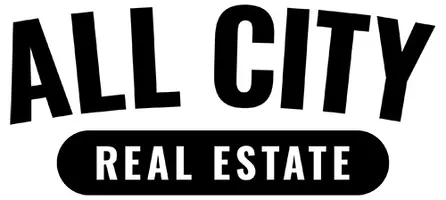
Protect Yourself from Wire Fraud in Texas Real Estate Transactions
Protect Yourself from Wire Fraud in Texas Real Estate Transactions As a homebuyer in Texas, it is important for you to be aware of the risks associated with wire fraud. All too often, buyers are unaware of the potential for fraud until after they have been scammed. For this reason, it’s important t

When is the Best Time to Refinance Your Home?
Buying a home is one of the biggest financial decisions you will make in your lifetime. After you purchase a home, you may be wondering when the best time is to refinance. Refinancing can help you save money on your mortgage payments as well as provide other benefits. However, it’s important to und

What Documents Will a Loan Officer Ask For When Getting Pre-Approved?
Are you getting ready to apply for a mortgage loan? Knowing what documents will be asked for by your loan officer can help you feel more prepared and confident when obtaining pre-approval for your home loan. Read on to learn more about the documents that a loan officer may require during the pre-ap
Categories
Recent Posts










